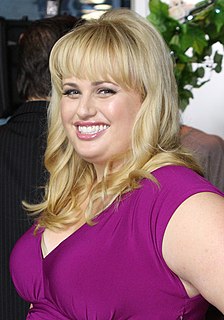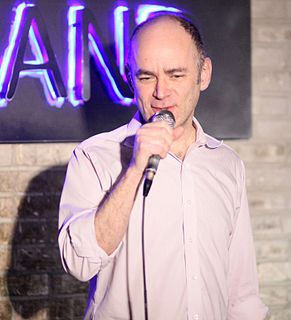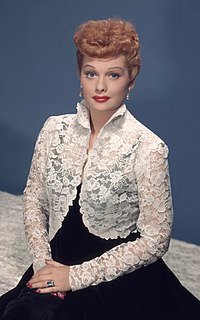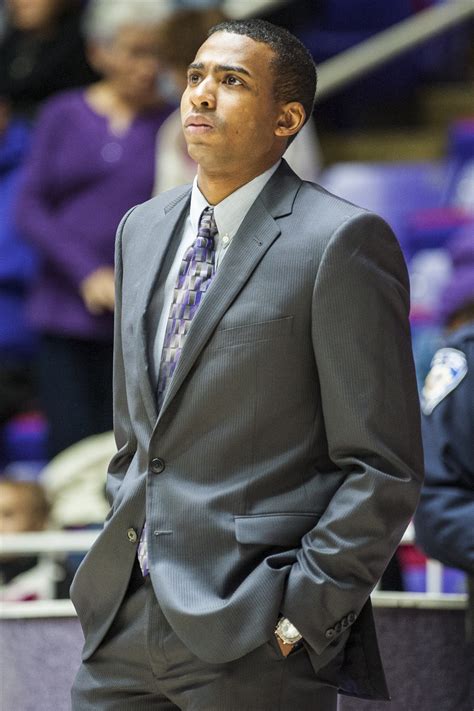A Quote by Rebel Wilson
In comedy, it's not the glamorous, beautiful people that are great at comedy. They're either every man or every woman, they're either quite tall and lanky or shorter and fatter or have a big nose. They have something physically about them that makes them into a comic stereotype.
Related Quotes
When I first started doing comedy years ago, I used to be the biggest Michael Richards fan. I used to love this dude. He was on a TV show called 'Fridays,' and man, he was tall and lanky - and I was tall and lanky. I love physical comedy, and he was a physical comedian, and I said, 'Man, I love this guy.'
The problem with a lot of comedy clubs is not that they are a comedy club; it's just the cheesy way they're presenting themselves. That's why a lot of people have a problem with them. If you're a relatively unknown comedian, you can play at a comedy club, you might play to hundreds of people every night. But if you try to make a concert event out of it, and try to play a rock club or something, where you might play to 10 people or no people. And the flipside of that is, that's also a great thing, to play to people who are your fans. Some people are too hard on the comedy clubs.
I did a 'Last Comic Standing' audition in 2006, where you're just performing for three people in a comedy club, in a big comedy club, and I remember them cutting me off, asking about my name in the middle of one of my jokes. Yeah, it's just real weird when you're doing stand-up in that type of sterile, unnatural setting.
Maybe divisions like that are easy for people to accept, because then you don't have to make an effort to understand people or appreciate each of them. You just give them a general name: "black people" and "white people." "Tall people" and "short people." "Man" and "woman." But we have to forget about all those terms. Every individual is unique in herself or himself.
There's so many variables in comedy. Comedy is not this thing that's a performance like a play. It's really an interaction with every single person in the room. And if there's a weirdness in the room for any people, be it something the comedians did at the top of the set or be it the mixture of the people isn't right, something can go awry. So it's really great to see you proven wrong about someone.
I think Amy Poehler and Tina Fey have done so much for women in comedy in the sense that they've normalized it. You don't think, 'I'm going to watch that comedy starring a woman,' you think, 'I'm going to watch that funny show.' They refuse to play the foils for men, or be reduced to the butt of every joke, and I love that about both of them.




































